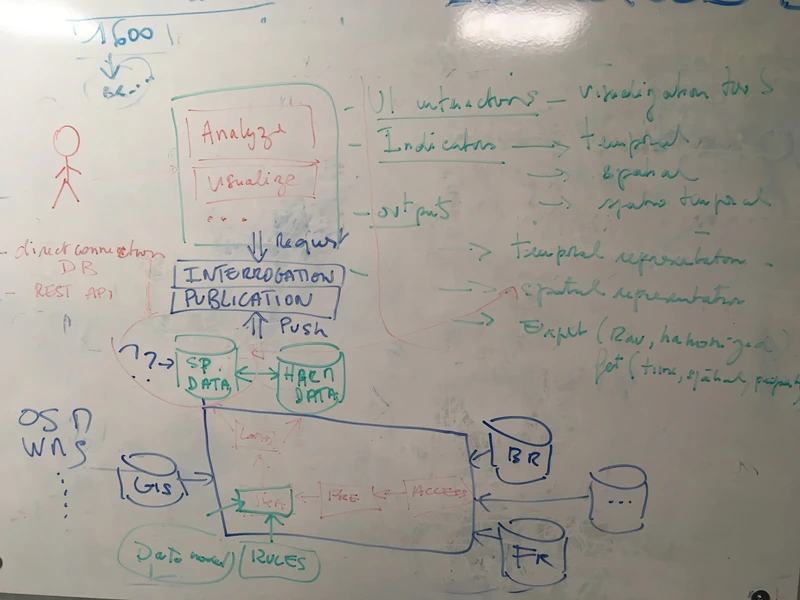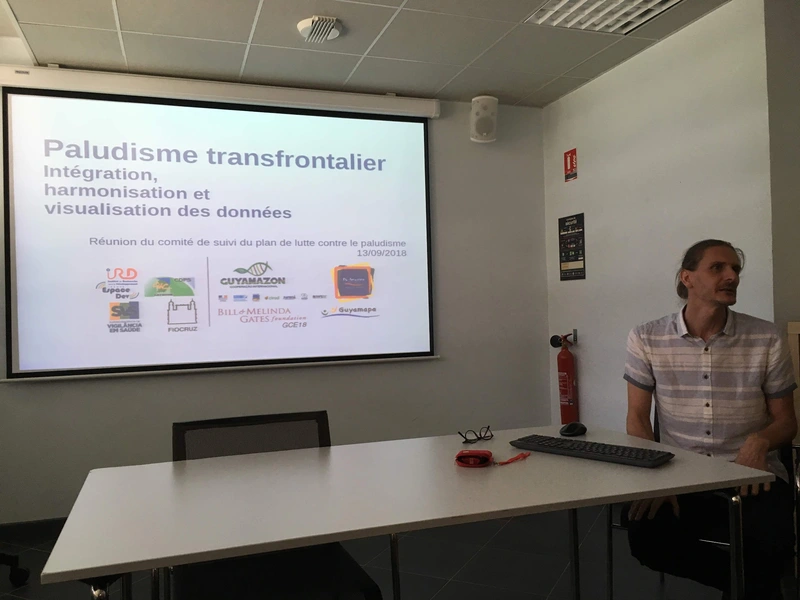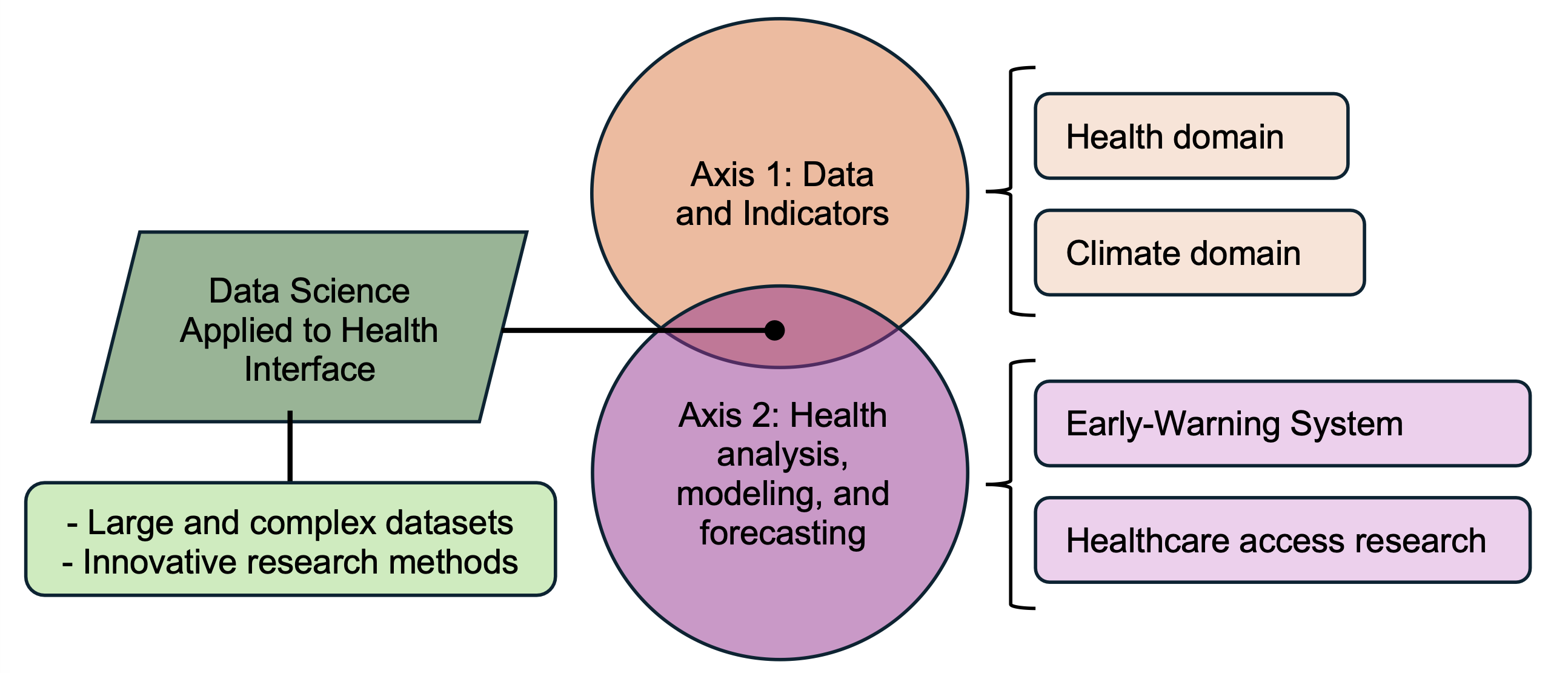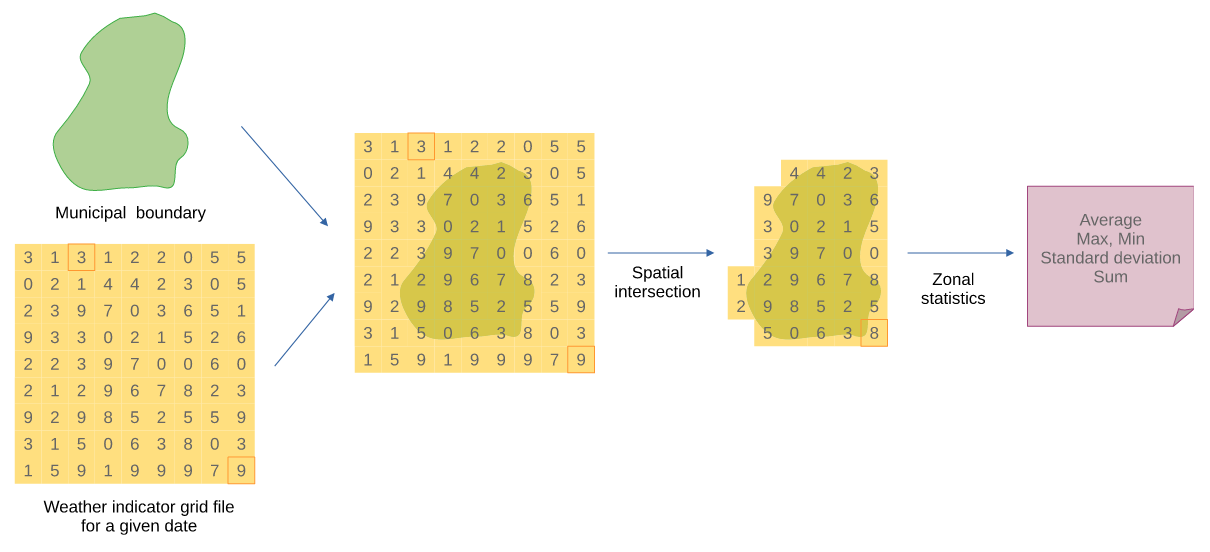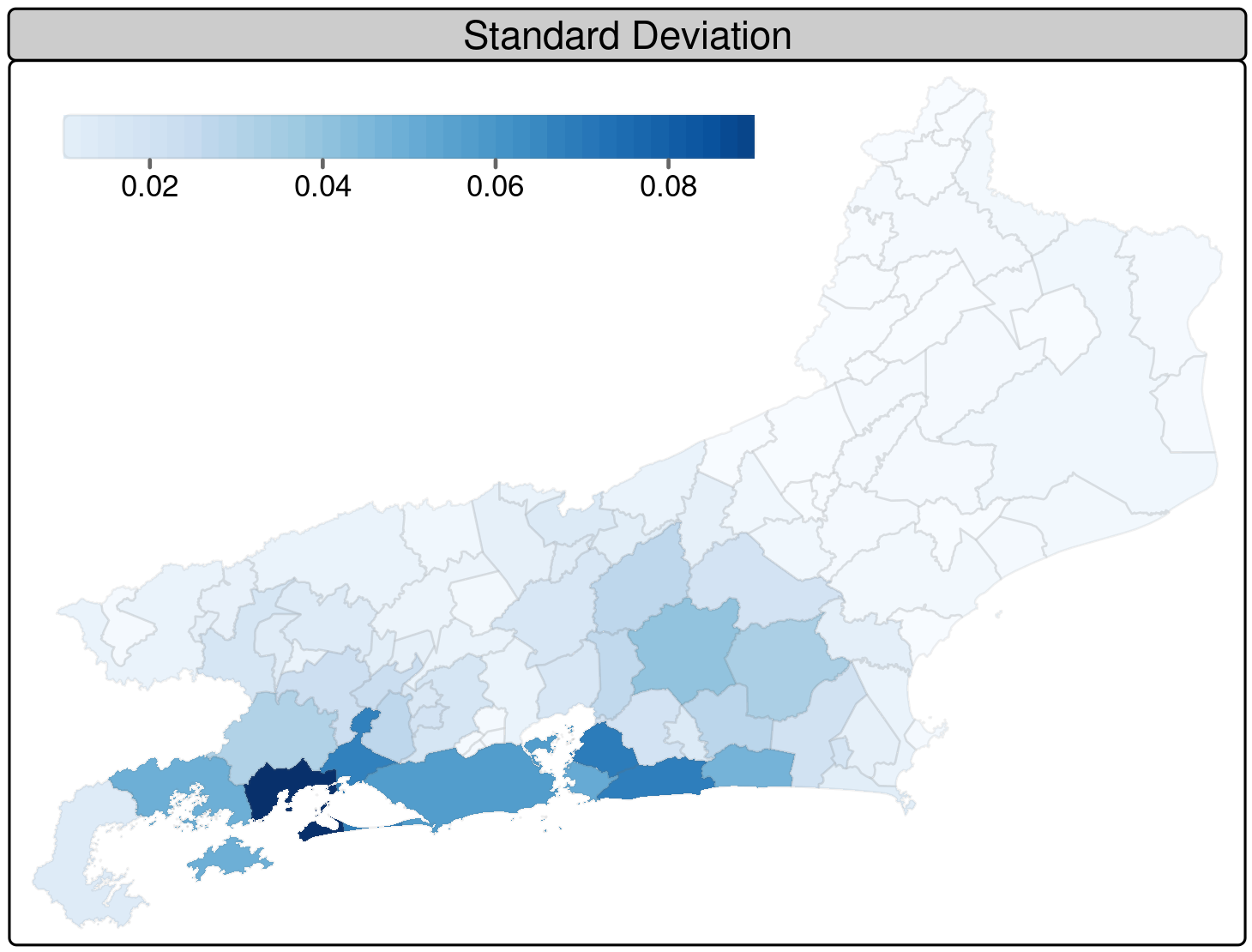Main fields of work and projects
Data Science methods applied to Public Health challenges
Data: R packages to handle Brazilian health datasets, indicators, and climate data (self initiative)
{microdatasus}, {brpop}, {tidyrates}, {brclimr}
- Visualization: malaria and COVID-19 interactive visualization dashboards (IRD and Fiocruz)
- Analysis and modeling of climate-sensitive diseases (Fiocruz, LNCC, BSC, Inria, IRD)
